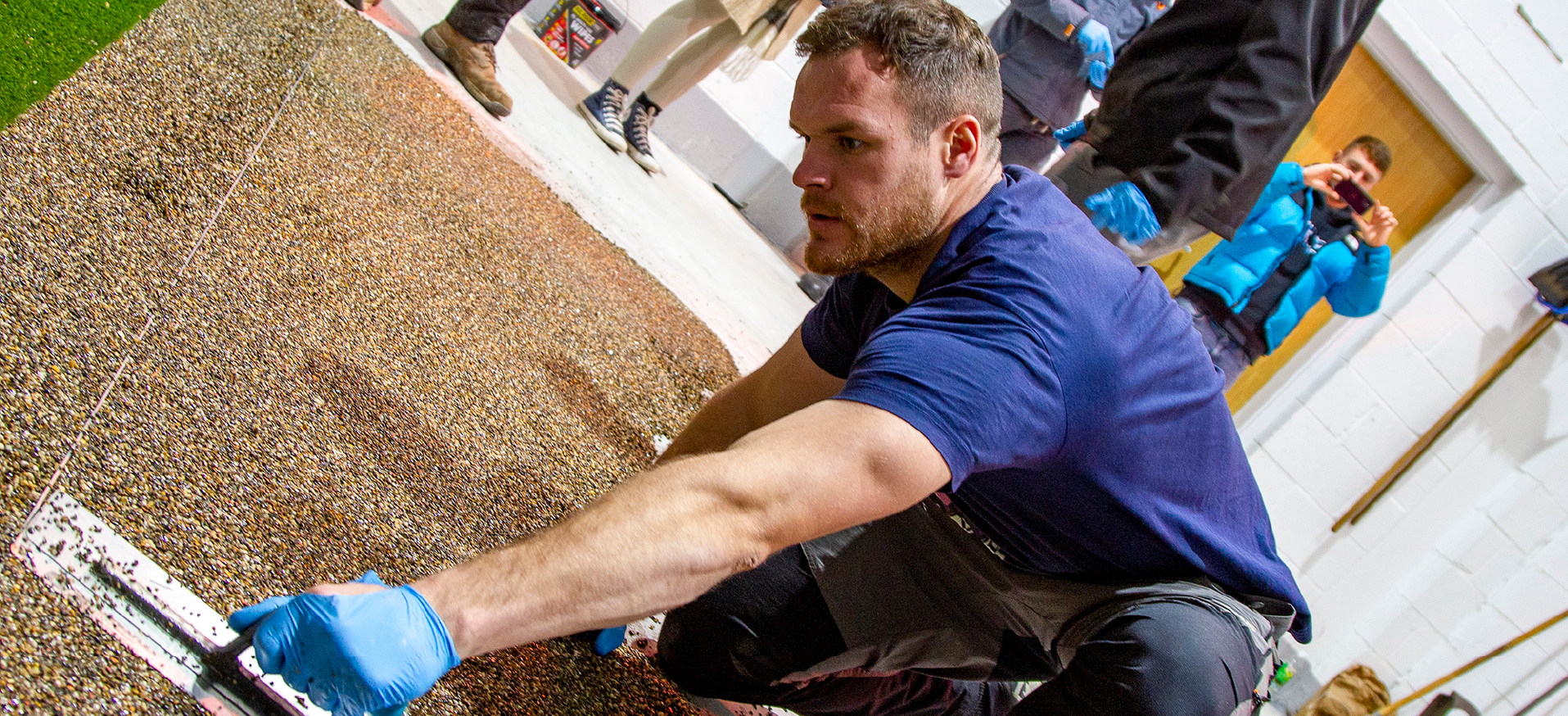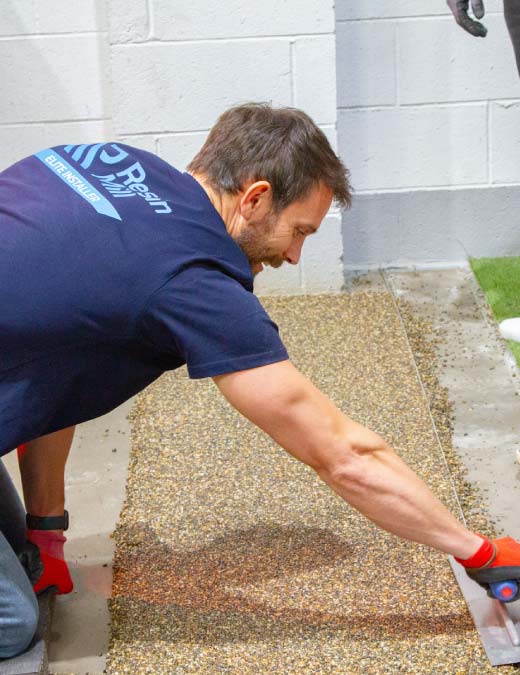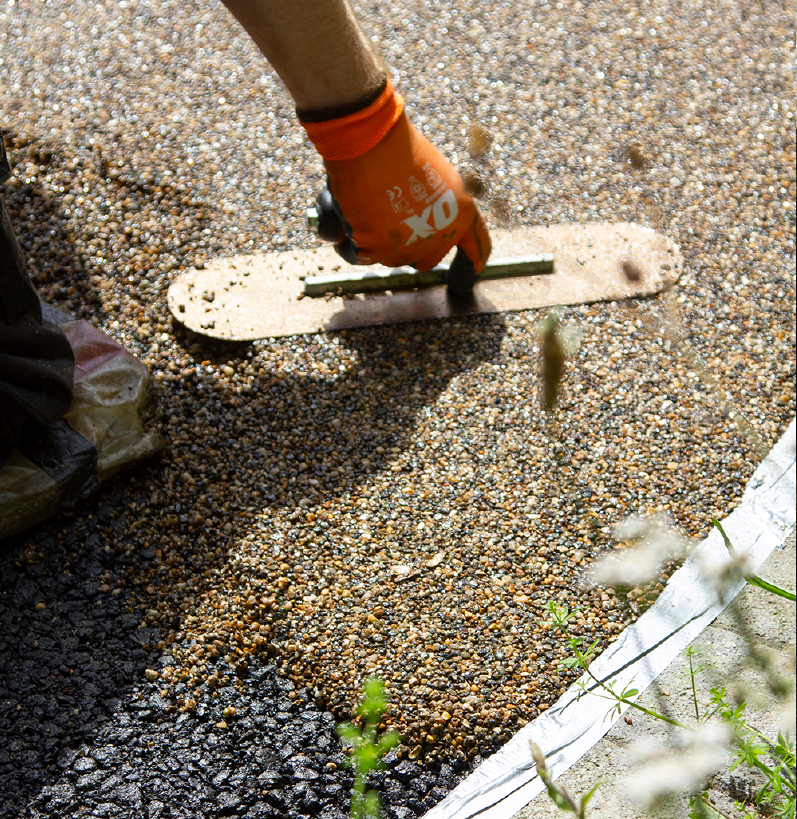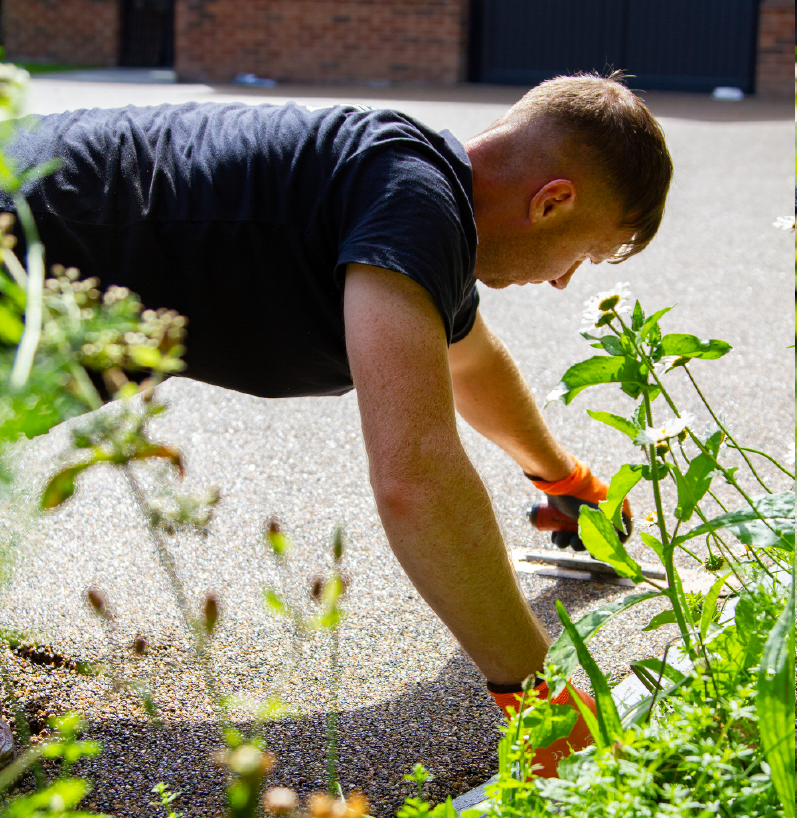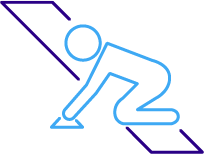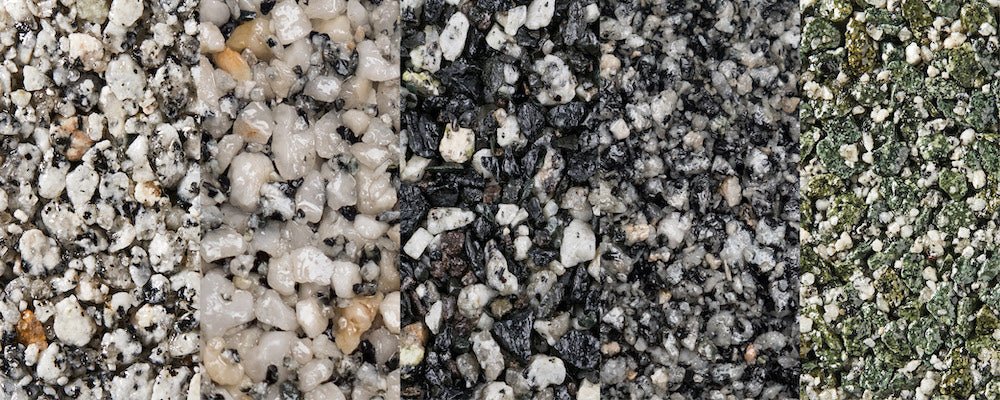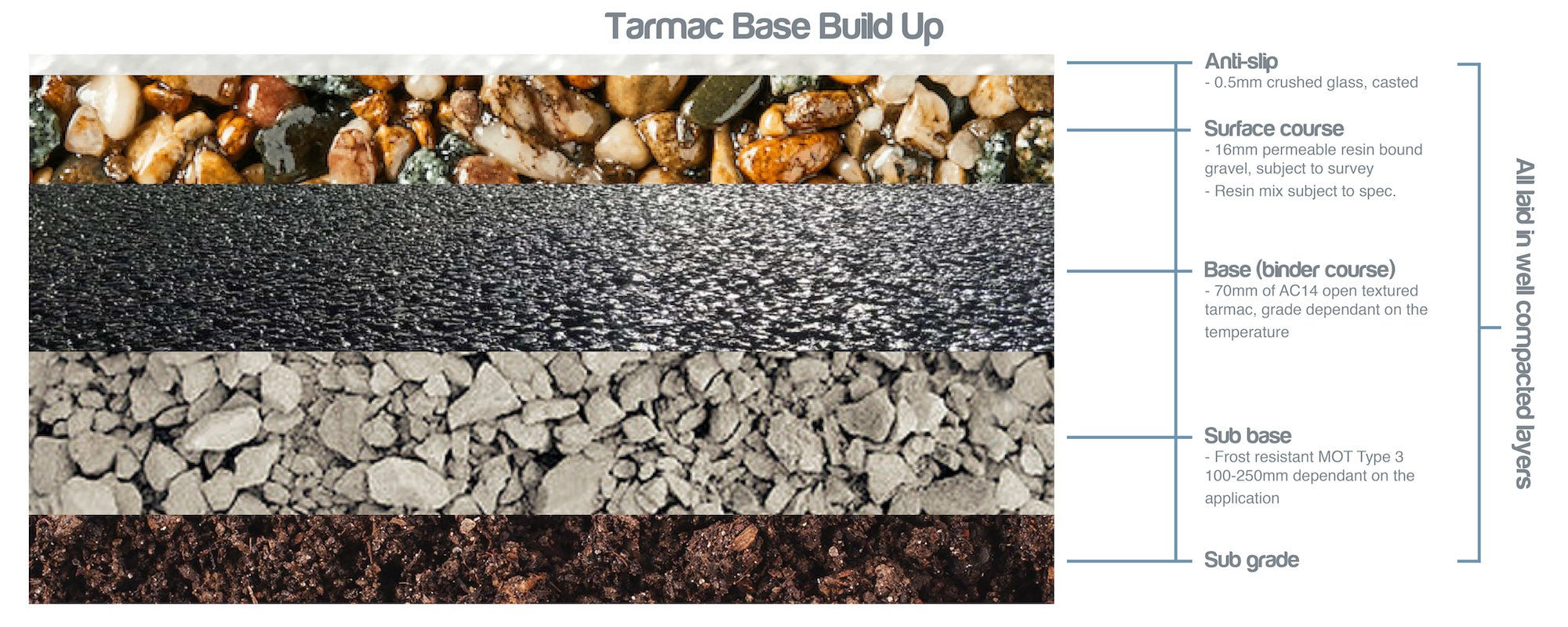
BECOME AN ELITE INSTALLER
Our cutting-edge training facility redefines learning, offering an immersive experience in resin bound and spray granite installations. Guided by industry experts, you'll access state-of-the-art equipment, honing your skills in a dynamic environment. From intricate techniques to innovative methodologies, this programme equips you with expertise unmatched in the industry. Become part of the elite installer programme, shaping the future of resin-bound surfaces with precision and innovation.


